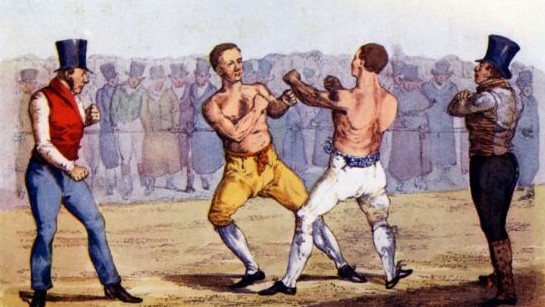In a brief filed today in federal court in Delaware, legal research startup ROSS Intelligence fired back at Thomson Reuters’ claims that it stole copyrighted content from Westlaw in order to jumpstart development of its own product.
By way of recap, TR sued ROSS on May 6, alleging that it surreptitiously stole content from Westlaw to build its own competing legal research product. It did this, TR alleged, by “intentionally and knowingly” induced the legal research and writing company LegalEase Solutions to use its Westlaw account to deliver Westlaw data to ROSS en masse.
ROSS responded the next day, denying that it used copyrighted material from Westlaw and describing the lawsuit as an anticompetitive tactic to prevent it from obtaining new funding or merging with another company.
Later, on July 13, ROSS filed a motion to dismiss the lawsuit, again denying TR’s allegations of copyright infringement and calling into question whether TR even has a valid claim of copyright in its case headnotes and key number system.
On Aug. 10, TR responded to the motion to dismiss, calling it “scattershot” and asserting that the allegations of its complaint were sufficient to move the case forward under the notice pleading standard of the federal courts.
‘Inferential Leaps’
Today, ROSS filed its reply brief, further asserting its position that TR has failed to allege any instance of copyright infringement by ROSS.
“Plaintiffs have not properly alleged a single instance in which ROSS — directly or indirectly — used, copied, reproduced, or prepared derivative works of any protectable Westlaw material, if there is any such material,” ROSS’s brief says.
Noting that TR’s lawsuit is based on the allegation that there was a dramatic spike in LegalEase’s used of Westlaw during 2017 — a spike that TR attributes to the use of a bot to systematically download data — ROSS argues that “untenable inferential leaps” would be necessary to get from LegalEase’s performance of research to the conclusion that ROSS, directly or indirectly, copied headnotes or key numbers.
“The alleged use of Westlaw’s search algorithms to conduct legal research does not provide a plausible basis to establish copying of the headnotes or the key number system, or even copying generally, to raise Plaintiffs’ entitlement to relief above a speculative level,” ROSS argues.
For this reason, ROSS says, TR has failed to plead a viable claim and its lawsuit should be dismissed.
“At this stage, the only question is whether Plaintiffs have pleaded a viable claim,” the brief says. “They have not. Plaintiffs have not plausibly alleged (1) copying by ROSS directly or through any act by LegalEase, (2) any copyrightable material, or (3) that ROSS directed, controlled, or induced LegalEase to take any alleged act or to breach any contract.”
Reached for comment, ROSS cofounder and CEO Andrew Arruda said: “Westlaw and Thomson Reuters do not state a claim for relief. Their allegations of infringement are clearly baseless: there is not a single properly alleged instance in which ROSS — directly or indirectly — used, reproduced, distributed, or prepared derivative works of any protectable Westlaw material.”
 Robert Ambrogi Blog
Robert Ambrogi Blog